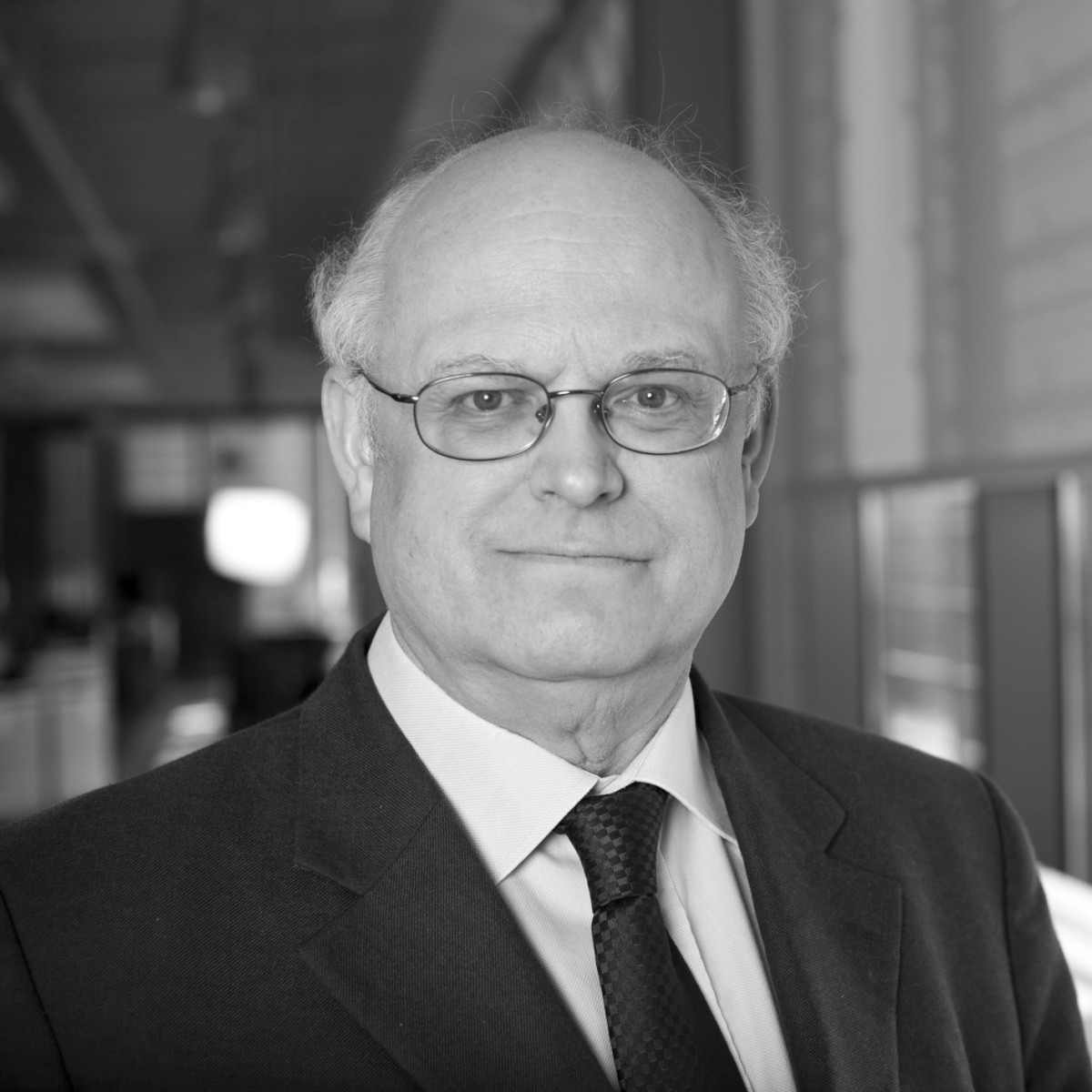Wednesday Keynote 2020

Prof. Thomas Sterling
Professor, Intelligent Systems Department
Director, AI Computing Systems Laboratory
Indiana University
____________________________________________________________________________________________________________
HPC Achievement and Impact – 2020
(Wednesday, June 24)
If you lived in another universe, the one predicted for almost two decades, this presentation would be about the first deployments of supercomputers capable of above one exaflop of performance. The long-held extrapolation put these inaugural implementations and applications of the exascale era sometime in the time frame of last year, perhaps in the early fall (October was a usual guess). It had been thought that it would include instances of such gargantuan computers from China and the US, with Europe and Japan not far behind. But we don’t live in that alternative universe, at least not anymore. While it is conceivable that by the time this closing keynote is presented at ISC 2020, China will have crossed this historic milestone. But probably not, and no one else will either. A conjunction of many trends has conspired to attenuate the once vaulted Moore’s Law. Costs have soared in recent years. Lifetimes of machines have lengthened extending their usage and declining replacement. The market itself is in a period of consolidation. But another big factor is the way in which HPC is used. And of these, a majority of applications tend to run on single nodes within such systems. Finally, research dollars are also being poured into other technologies like quantum computing, neuromorphic computing, and machine learning. This presentation will provide a fast-paced examination of the hottest trends across the international community and their rapidly changing priorities and strategies.
____________________________________________________________________________________________________________
Prof. Thomas Sterling holds the position of Professor of Intelligent Systems Engineering at the Indiana University (IU) School of Informatics, Computing, and Engineering as well as serves as the PI of the Continuum Computing Architecture Project at the Department of Intelligence Systems Engineering. Since receiving his Ph.D. from MIT in 1984 as a Hertz Fellow, Prof. Sterling has engaged in applied research in parallel computing system structures, semantics, and operation in industry, government labs, and academia. Prof. Sterling is best known as the "father of Beowulf" for his pioneering research in commodity/Linux cluster computing for which he shared the Gordon Bell Prize in 1997. He led the HTMT Project sponsored by NSF, DARPA, NSA, and NASA to explore advanced technologies and their implications for high-end computer system architectures. Other research projects in which he contributed included the DARPA DIVA PIM architecture project with USC-ISI, the DARPA sponsored HPCS program Cray-led Cascade Petaflops architecture, the Gilgamesh high-density computing project at NASA JPL, and DOE and DARPA projects exploring the ParalleX execution model and the HPX family of runtimes systems based on it for improvements in scalability and efficiency through dynamic adaptive processor control. Most recently Prof. Sterling was a faculty researcher of the IU Center for Research in Extreme-Scale Computing (CREST) at which he served as Director for the last two years. Sterling is currently involved in research associated with the innovative Continuum Computer Architecture for extreme-scale computing to establish the foundation principles guiding the development of future generation exascale computing systems exploiting non von Neumann concepts using active memory to accelerate computing beyond Moore’s Law. Thomas Sterling holds the position of President for the new start-up company, Simultac LLC. In addition, he is the co-author of seven books and holds six patents. He was the recipient of the 2013 Vanguard Award and is a Fellow of the AAAS. Most recently, he co-authored the introductory textbook, “High Performance Computing”, published by Morgan-Kaufmann in December 2017.
____________________________________________________________________________________________________________
